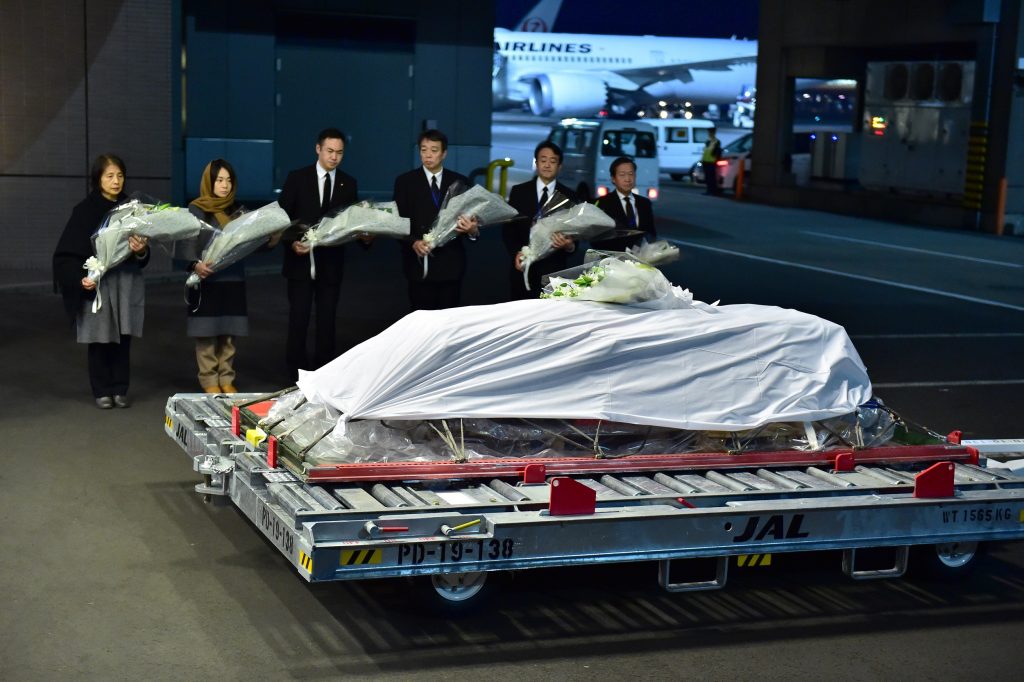
- ARAB NEWS
- 25 Apr 2024

Khaldon Azhari Tokyo
A Japanese doctor and aid activist killed by militants in Afghanistan was targeted in a bid to intimidate and drive out other humanitarian groups, the leading Japanese daily Asahi Shimbun has claimed.
Tetsu Nakamura, 73, was among six aid workers and security officers who died when their vehicles were ambushed in the eastern Afghan city of Jalalabad on Dec. 4.
According to eyewitness accounts, two vehicles carrying the aid workers were suddenly blocked by a white car. Gunmen from the car approached the vehicles and fatally shot Nakamura and five others in an attack that lasted less than a minute.
Eyewitnesses said that there were at least seven attackers, all speaking the language of the Pashtun people living in the border area between Afghanistan and Pakistan. No group has claimed responsibility for the attack.
Nakamura was reportedly on the way to an irrigation project about 25 km from Jalalabad, the provincial capital of Nangarhar, where his office was located. Nangarhar, east of Kabul, is a stronghold of the Daesh militant group.
Nakamura, described as a “hero” by Afghan President Ashraf Ghani following his death, helped establish the NGO Peshawar-kai in 1983 to provide medical care and humanitarian support to locals in Afghanistan and Pakistan.
According to media reports, the aid activist was warned of a possible attack by the Japanese Ministry of Foreign Affairs during a recent stay in Japan, and Afghan authorities had also alerted him to the growing risk.
His NGO said that he had taken many safety precautions, such as traveling with security guards and frequently changing routes.